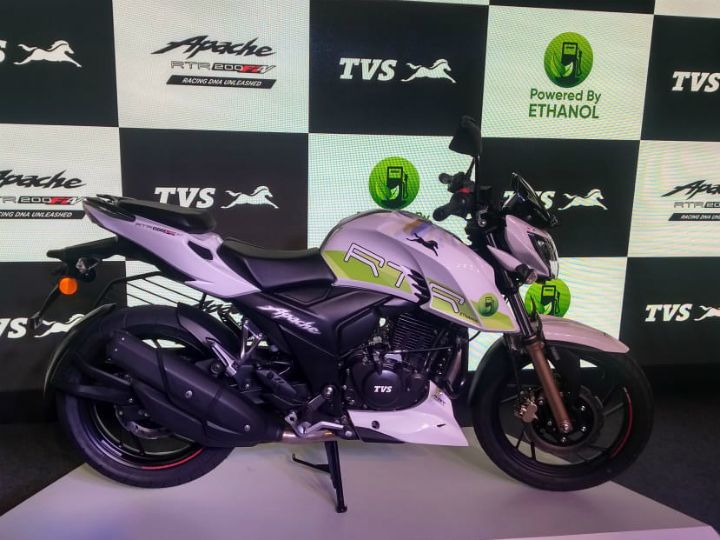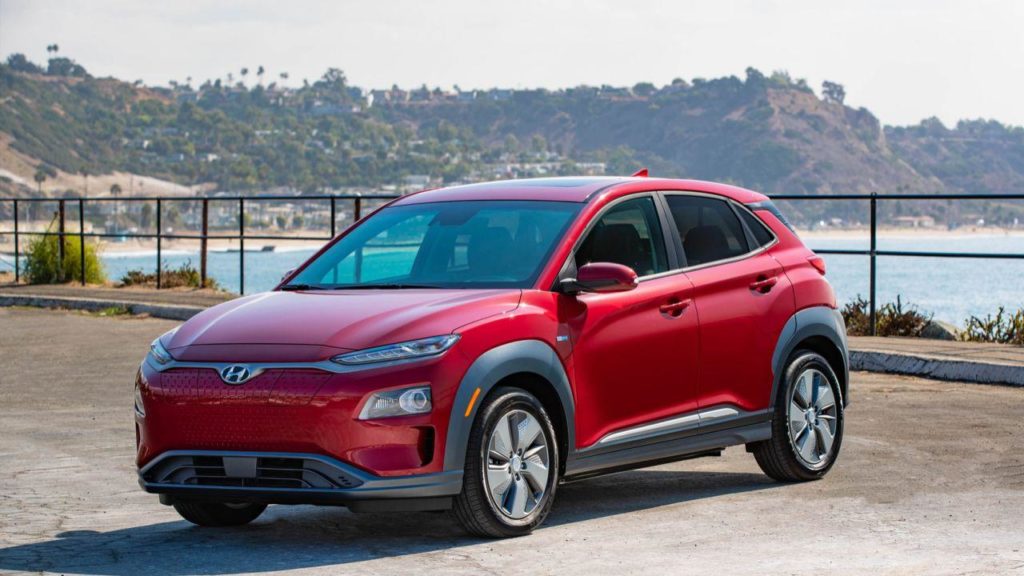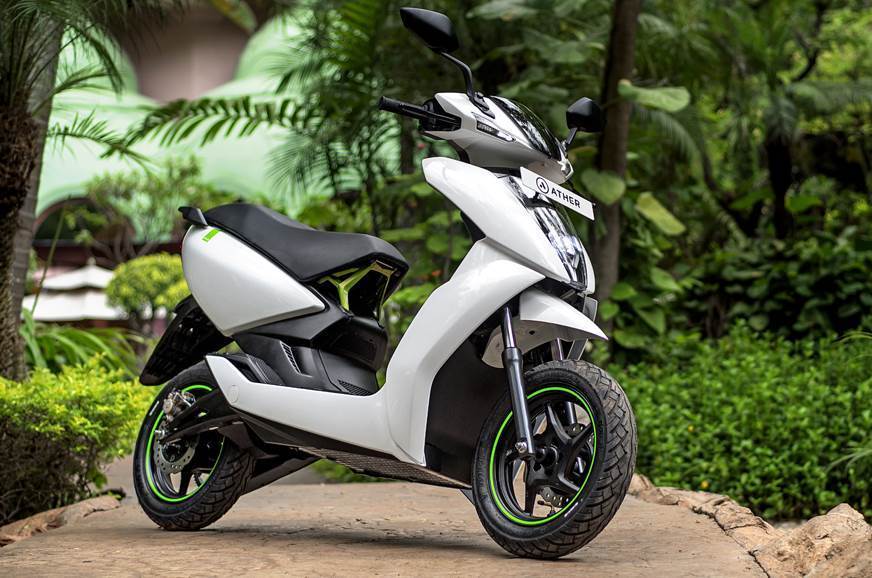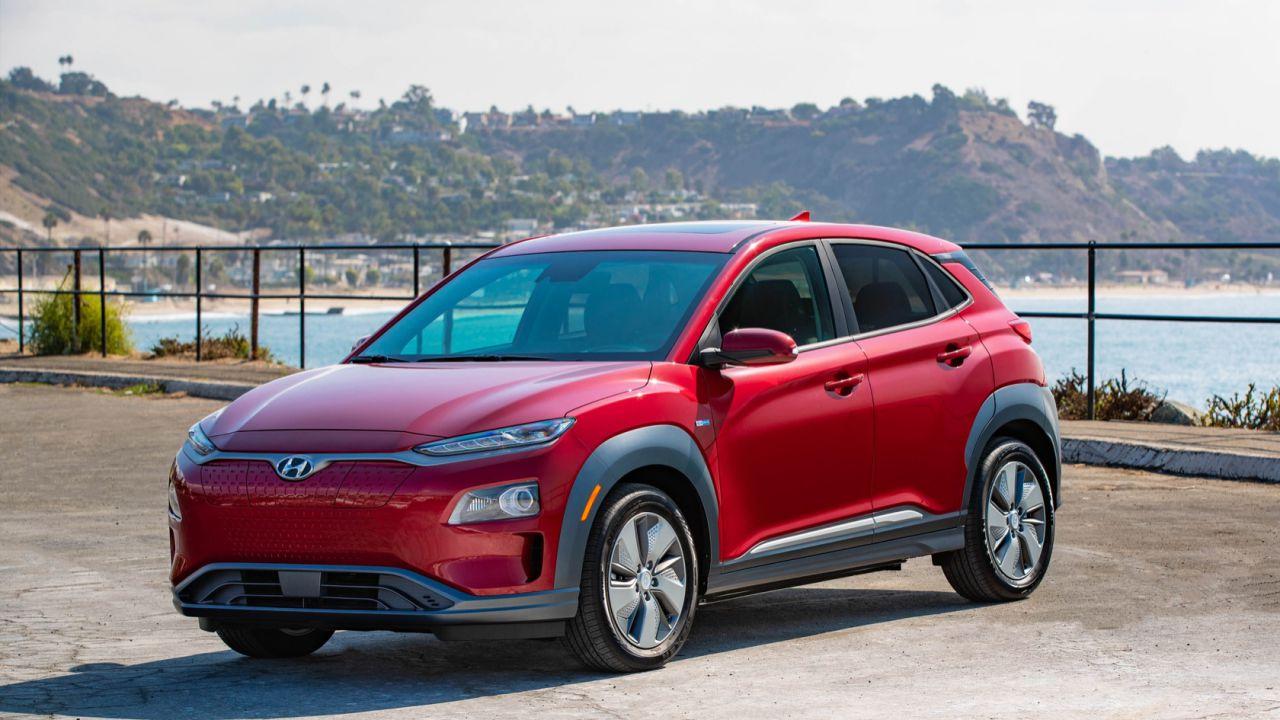As petrol and diesel would eventually be phased out, the country needs to prepare for alternate sources of fuel. So what are our options? Read on, to find out.
The fact that fossil fuels are non-renewable and that we would run out of them very soon is not something we have discovered lately. Several automobile manufactures have been looking into alternate sources of energy for a long time now including hydrogen fuel cells, electric propulsion and even bio-fuels like vegetable oil and ethanol. While we have come to peace with electric mobility, further avenues remain to be explored. Just last week, TVS launched the Apache RTR 200 4V in the country which is powered by ethanol. So what are our alternate sources of fuel for the future? Is electric the only way to go or do we have some ways of keeping the internal combustion engine alive?

You can run an internal combustion engine on ethanol or any bio-fuel for that matter, of course with some modification to the compression ratios and several other components. And powering vehicles by ethanol is not a fairly new concept as countries like Brazil, the US and several other European countries have been using this bio-fuel to propel their wheels for about a decade now. The benefits of ethanol are that there is absolutely no particulate matter released in the atmosphere. The only gases that are released are carbon dioxide, carbon monoxide, water (in gaseous state of course) and formaldehydes. Carbon monoxide, still being relatively harmful is thus oxygenated on its way outside.
However, from studies carried out in Brazil and the US, we know that while ethanol may be cleaner than regular petroleum products with no particulate matter, the gases released are not much environment friendly either. According to a study conducted by scientists from Stanford University, there is a 9% increase in risk of deaths related to air pollution when compared to gasoline. The CO2 emissions further speed up the process of global warming. The second problem is of availability. Ethanol is an alcoholic by-product from the fermentation of sugarcane. While India has been the seventh largest producer of ethanol in 2009, and given India’s lump sum agricultural resources, we might be still able to produce ethanol, but large scale production as a source of fuel is still practically impossible.

While ethanol has its pros and cons, what about electric? Well, when it comes to alternate sources of fuel, we have had most success here. As days go by, electric technology is improving, range of vehicles are improving and charging electric vehicles is also getting quicker. Manufacturers are coming up with innovative ways to eliminate range anxiety like swappable batteries and the likes. But is electric propulsion with no cons at all?
Also Read : Hyundai Kona Launched In India; First Electric SUV In The Country
Certainly not. As more and more electric vehicles take on the road, there would be increasing pressure on power grids. In a country where 80% of the energy needs come from coal burning power plants – which too are very polluting – is the end purpose really being met? An even more concerning matter is of the batteries themselves. Almost all EVs are powered by lithium-ion batteries. And India does not have plenty reserves of lithium to be manufacturing batteries ourselves, thus reducing costs and increasing adoption rate. This would see us increasingly relying on countries like China, and consecutively wear out our foreign exchange reserves. Disposing off lithium-ion batteries in a safe way also remains a huge environmental concern.

Also Read : TVS Apache RTR 200 4V FI Ethanol Launched In India – Details
So what now? There is no doubt that electric mobility is the way of the future unless we find out a feasible way to use hydrogen fuel cells. Also India needs to adopt greener ways of generating electricity and simultaneously also improving the electric mobility infrastructure to actually make it a viable alternative. Bio-fuels like ethanol give us hope that even if we run out of fuel, we have ways to keep the internal combustion engine alive but that will not necessarily be environment friendly. Several countries are already aiming to end the use of IC engines by 2030 but even as electricity takes over to power the next era of automobiles, have we actually found the right solution or are we to discover newer challenges which will unravel over time. Well, time shall let us know!


